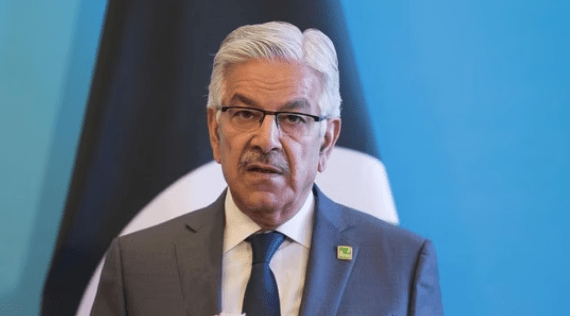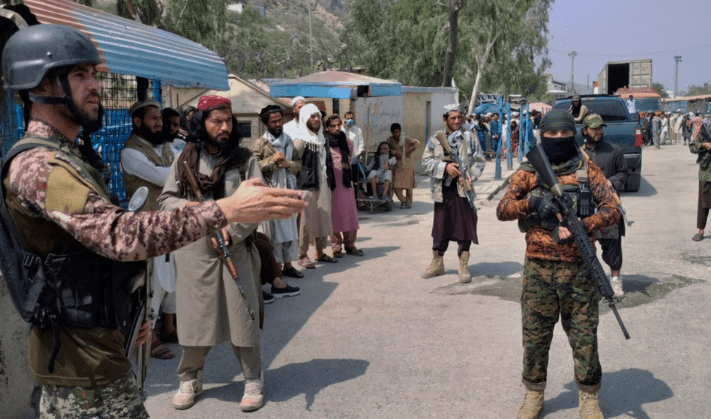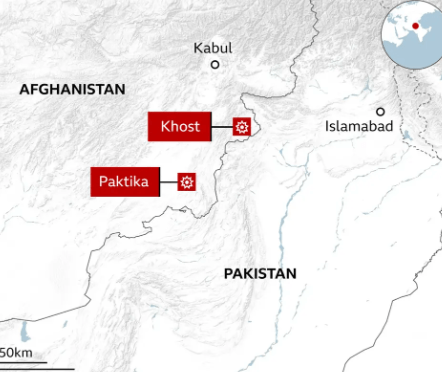UN expert on women’s rights urges action in Afghanistan’s crisis of women’s rights

UN Women Executive Director Sima Bahous Tuesday called for the UN Security Council (UNSC) to intervene in the Afghan women’s rights crisis. In a speech before the council, Bahous noted the deterioration of women’s rights in Afghanistan under Taliban rule.
Bahous made three recommendations to the UNSC including convening a dedicated session on the role the UNSC can play in responding to violations of women’s rights in Afghanistan, considering the characterization of Afghanistan as a multi-faceted women’s rights crisis, and codifying gender apartheid in international law.
In Bahous’ speech, she started by noting the deteriorating women’s rights in Afghanistan under the Taliban’s rule. The hyper-patriarchal gender norms and women’s growing isolation has significantly impaired their financial contributions and freedoms. Under Taliban rule, women have been barred from working in at non-governmental organizations (NGOs) and attending university—among other restrictions. As a result, their influence on decision-making, from household to national levels, continues to diminish.
Gender norms and restrictions have also worsened women’s mental health and gender-based violence in Afghanistan. In this regard, Afghan women demanded the international community to continue exerting political pressure by means such as non-recognition on the Taliban’s authority to ensure women’s rights to education, employment and political participation be protected. The UN Entity for Gender Equality and the Empowerment of Women survey showed that 47 percent of Afghan women contended that recognition should never be granted to the Taliban authorities, and another 49 percent argued that only when women’s rights are protected should the international community grant recognition to the Taliban government.
Advancing human rights and fundamental freedoms for all without distinction as to race, sex, language, or religion is enshrined in Article 55 of the UN Charter as the object and purpose of the UN. It is worth noting that UN Charter Article 27(3) requires the concurring votes of the permanent members, also known as the veto power of permanent members. However, China and Russia—two of the permanent members—showed their support to the Taliban’s government and readily recognized their legitimacy, independence and sovereignty. Whether the UNSC would proceed as Bahous suggested on Tuesday depends heavily on permanent members’ approval.
Since the Taliban’s August 2021 takeover, the UN has received reports every three month on the situation in Afghanistan. The continuing violations of women’s rights can still be seen in these report. Bahous’ remarks are based on the newly released report from September 18. In early September, Human Rights Watch also released a report on the Taliban’s continuing gender-based crimes and called for the international community to hold the Taliban’s government accountable for gender persecution.





